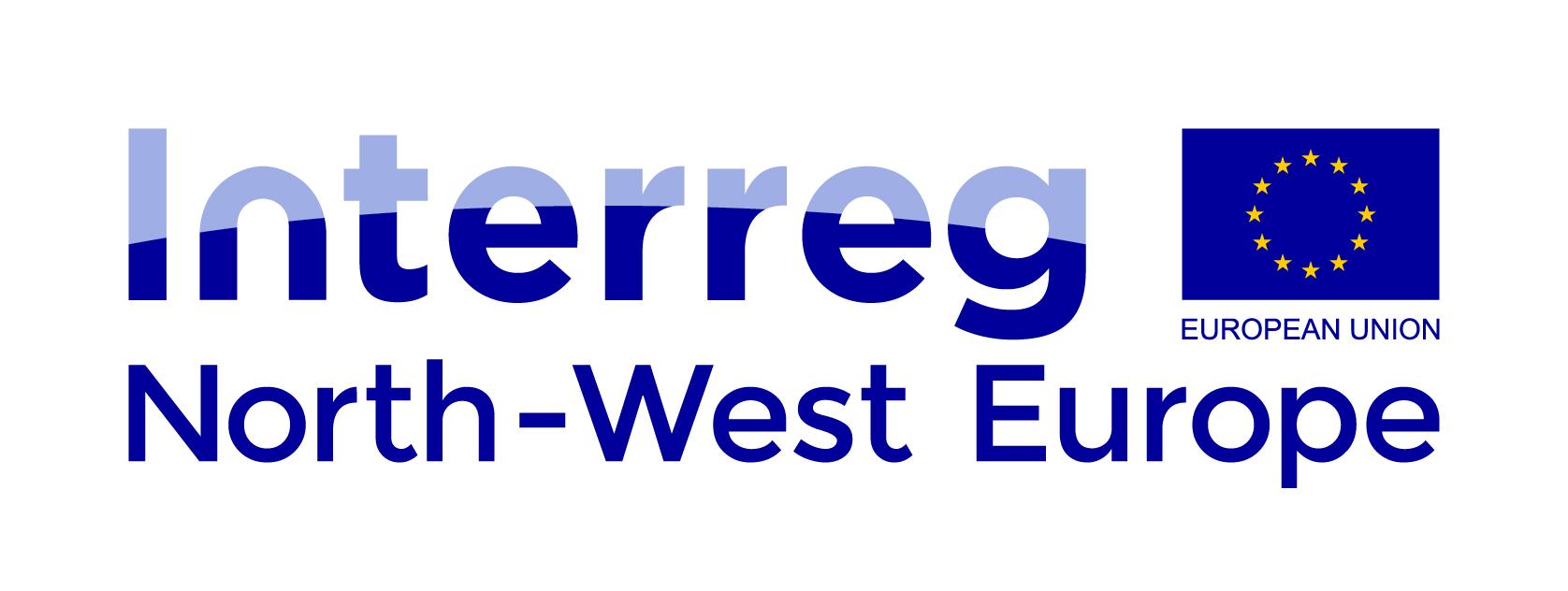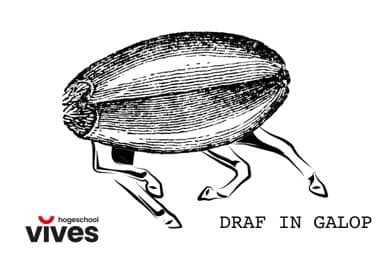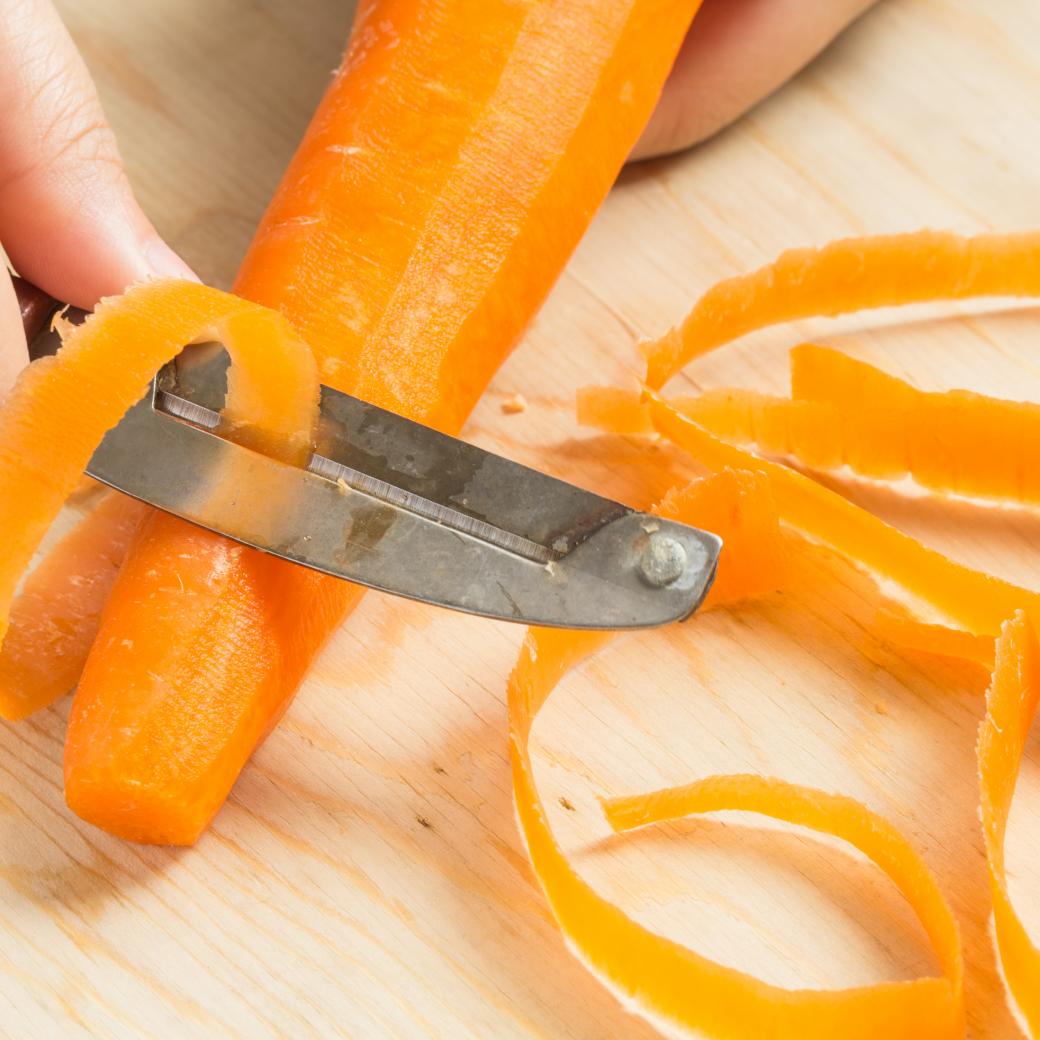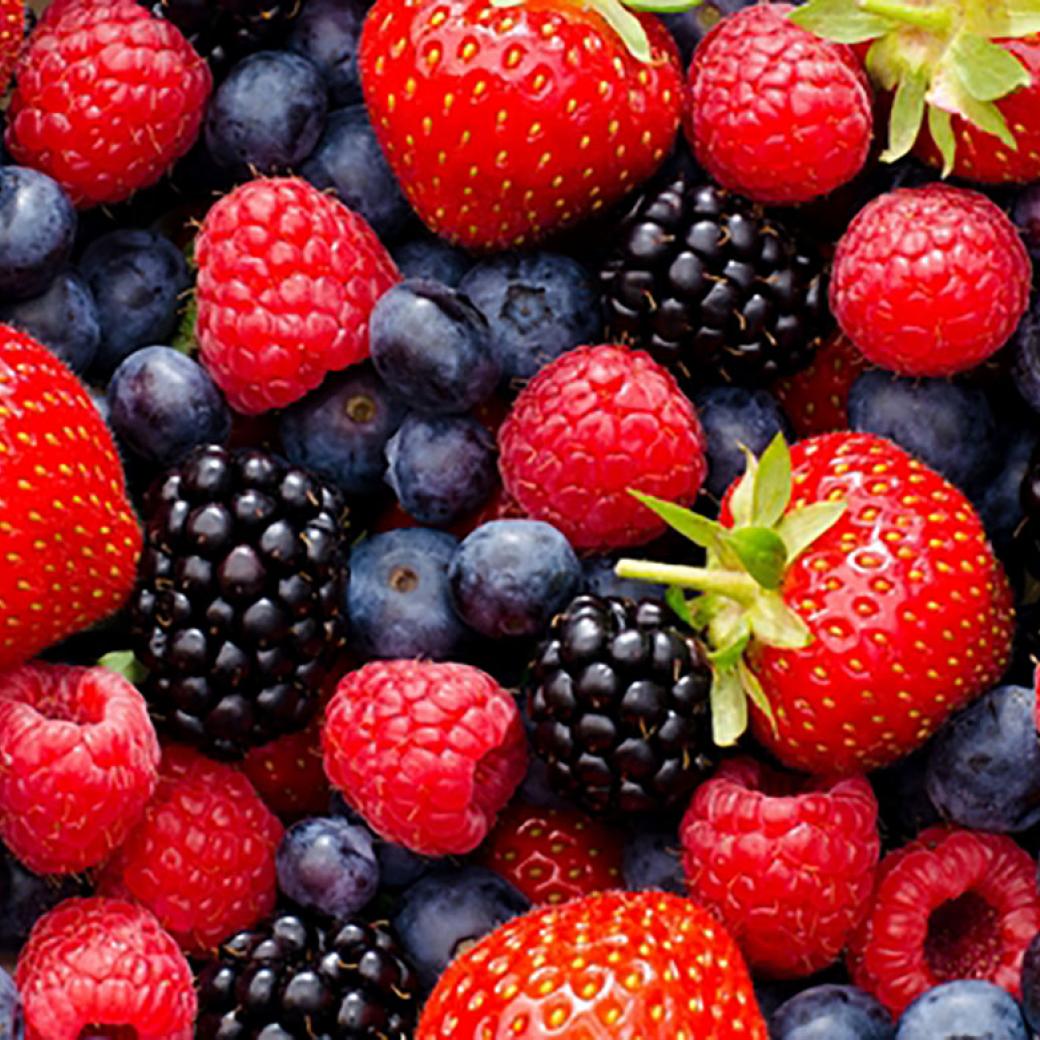Food Heroes
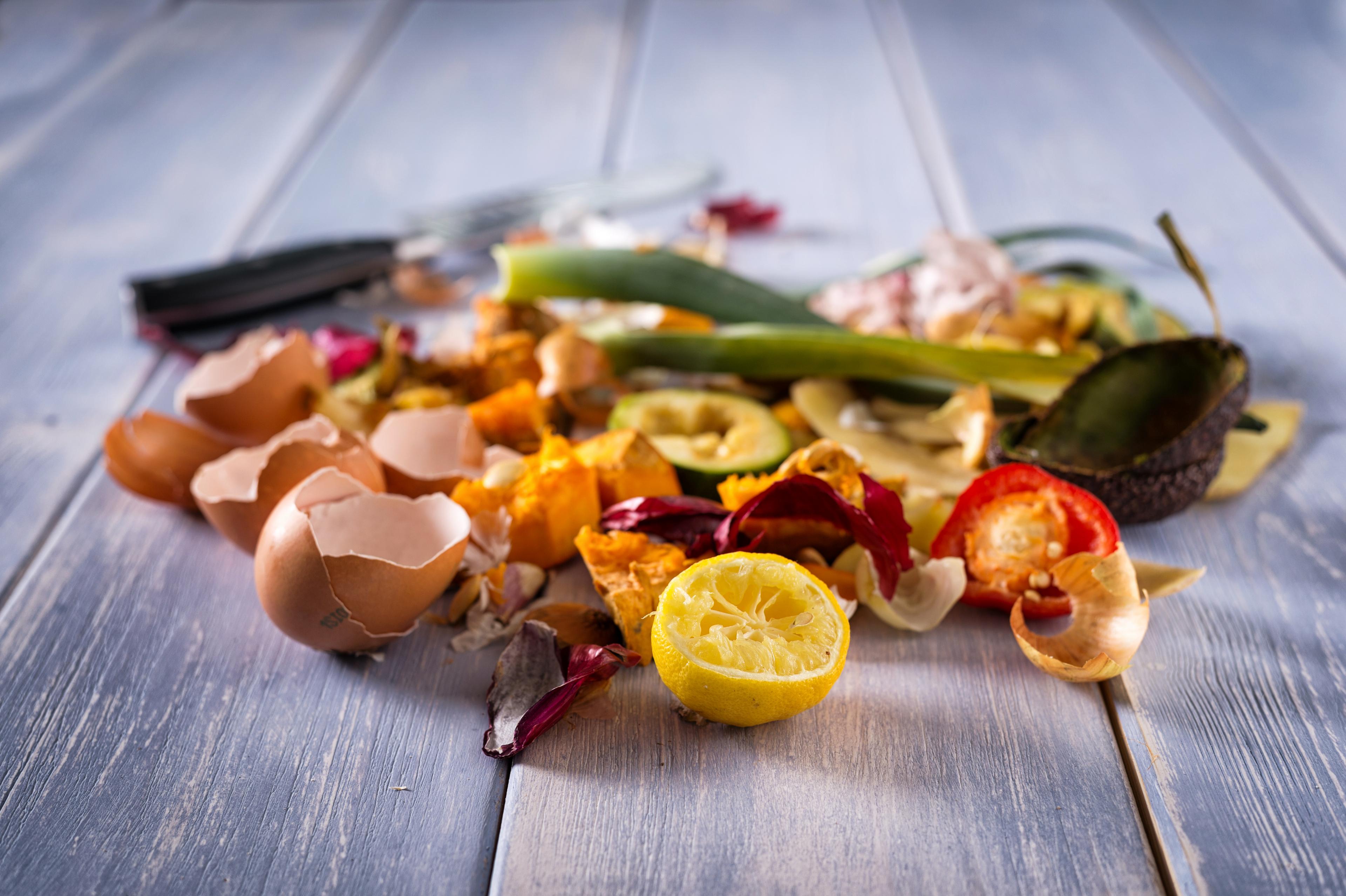
Improving resource efficiency through designing innovative solutions to reduce food waste
Why this project?
According to the Food & Agricultural Organisation (FAO), 1/3 of all the food produced worldwide each year is thrown away. The Food Heroes project wants to offer solutions geared towards the first links in the chain, which are responsible for 60% of the waste in the EU.
The objective of this project was, in the first instance, to reduce food waste in the first links in the food chain and promote efficient use of raw materials. The focus was on developing, testing and implementing new food solutions that lead to waste reduction and high-quality valorisation of by-products.
Via co-creation in a transnational, multi-sector setting, the partners and stakeholders went in search of innovative solutions for reducing food waste in 6 pilot regions in North-West Europe. There were 3 common objectives in these regions:
- Developing innovative ideas
- Testing and implementing mutual solutions
- Rolling out innovative solutions via experimental development of new products
The final objective was, via 15 innovative solutions, to reach a higher valorisation of:
- 468 tonnes of fish waste
- 4,100 tonnes of fruit and vegetable waste
- 15,000 roosters and 3,250 male goats (and half a million fewer male chicks killed per day)
All throughout the whole of North-West Europe.
Project approach and results
Food Heroes was an interregional research and development project (Interreg North-West Europe) in which agriculture and food companies worked in co-creation collaborations with designers, consumers, chain partners, marketers, technology providers, researchers and other stakeholders to develop new types of products and new types of collaborations to reduce food waste.
Experiments with new technologies were carried out to introduce stakeholders to new ideas for innovative business models that can be applied. This was supported by trend analysis and feasibility studies of the developed concepts. The developed ideas were further developed via interregional collaborations.
In Flanders, 2 specific co-creation projects were set up linking companies in the chain with a food waste problem with partners from the creative sector.
Check out this short movie about the project
From idea to concept
The first development project was rolled out in 2018 and 5 companies worked together with a design bureau. This led to 5 new, innovative ideas:
- Kombucha from bread by-products
- Fresh fruit and vegetable juices with a longer shelf life without extra additives or preservatives from vegetable by-products
- Kimchi from by-products
- Healthy “energy shot” from apple by-products
- New range of convenience potato products from sweet potatoes
From concept to market
In the second trajectory, companies that already had a concept for reducing food waste received support in bringing their products onto the market. They were supported by a team of designers. 3 Flemish companies received support in this project.
Food heroes awards
15 innovative solutions were developed, tested and implemented in the three sub-sectors: fruits & vegetables, meat and fish. In Flanders, the focus was on a reduction of fruits and vegetable waste. The project developed demonstration workshops with best-practices and new solutions for preventing food waste.
The best ideas were awarded the Food Heroes Award. First prize was won by Envie, a Brussels start-up, that makes soups from vegetable by-products. The project will conclude with a true Food Waste Fest in Brussels on 8 December 2020.
Follow-up actions
Some of the ideas brought forward via the Food Heroes project offer great opportunities for further development. For example, the DEMETER project is a direct result of Food Heroes.
Project partners
14 partners from 6 countries worked on this project.
The Netherlands:
- ZLTO (project coordinator)
- Province of North Brabant
- Dutch Design Foundation
- In Ovo B.V
Flanders:
- Innovatiesteunpunt (ISP)
- Flanders District of Creativity vzw
- Flanders’ FOOD
France:
- Association des Chambres d’Agriculture de l’Arc Atlantique
- Technopole Quimper-Cornouaille
- Laval Mayenne Technopole
- Germany:
- SPESSART regional e.V.
Ireland:
- Bord Iascaigh Mhara
- Clean Technology Centre
- United Kingdom:
- University of Lincoln
Articles

Sustainable animal feed from sweetcorn cobs: meet Trotec


